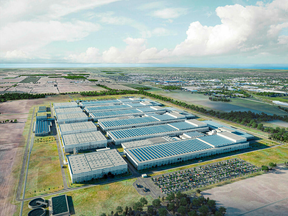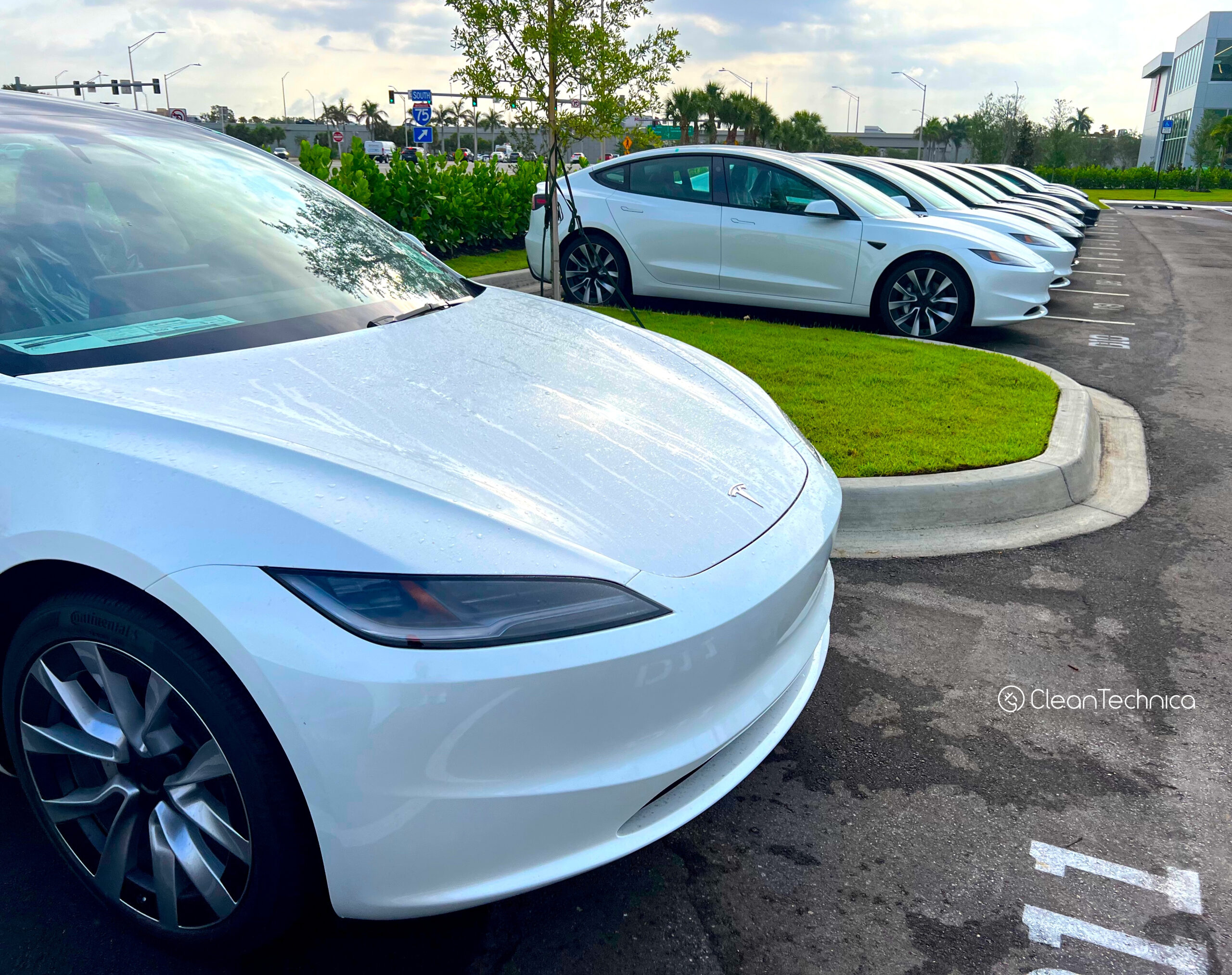IRA-scale subsidies similar to those given to Volkswagen and Stellantis

The $7 billion project sets up Northvolt, founded by former Tesla Inc. employees, to become a global player as Western nations seek to lessen EV battery dependence on China. It’s set to start operating in 2026 and initially produce enough batteries for about half a million EVs. The plant was announced Sept.28, confirming a report in June by Bloomberg News.
Quebec’s clean hydroelectric power will “slash by half the total footprint of the carbon dioxide required to produce batteries,” co-founder Paolo Cerruti said in an interview. Canada’s reserves of critical minerals and Montreal’s location on the eastern side of the continent were also factors in the company’s choice — alongside generous funds.
The moves are testament to the growing global subsidy race. Tensions between China and Western countries have spiked, with EVs moving into the crosshairs after the European Union this month kicked off a probe into what it says is unfair Chinese state support of its electric-vehicle makers.
In a first phase, Northvolt’s Montreal factory will have a capacity of 30 gigawatt hours of annual lithium-ion cell manufacturing and will also produce cathode components and recycle old batteries. No timeline was provided for a second phase that would double output.

Government funding will amount to about US$1 billion each from Canada and Quebec toward construction, mostly in loans that may be partially forgiven if Northvolt meets certain conditions. As part of its share, Quebec is buying a US$420 million equity stake in Northvolt.
The company will also be eligible for combined operating subsidies of as much as $4.6 billion over a maximum period of nine years, broadly matching commitments for the VW and Stellantis projects in Ontario. Northvolt chose the location east of Montreal from about 70 different sites in North America.
Cerruti, who previously led the supply chain and operations planning at Tesla, will lead Northvolt’s North American operations. The battery maker, created seven years ago, has already received US$55 billion in orders from BMW, Volvo Car and Volkswagen.
It’s currently making batteries in Sweden and plans an initial public offering when equity markets are more favourable, counting BlackRock Inc. is among its large investors. The firm is also planning to build a factory in Germany, but financial support has yet to be finalized.
The ambitious timeline for the project, the largest private-sector investment ever in the province of Quebec according to officials, may come under pressure from a labour shortage with around 3,000 workers necessary and opposition from residents living nearby.
“It’s not going to be easy, but being aware and having a plan is kind of solving 50 per cent of the problem,” Cerruti said.
Share This:




